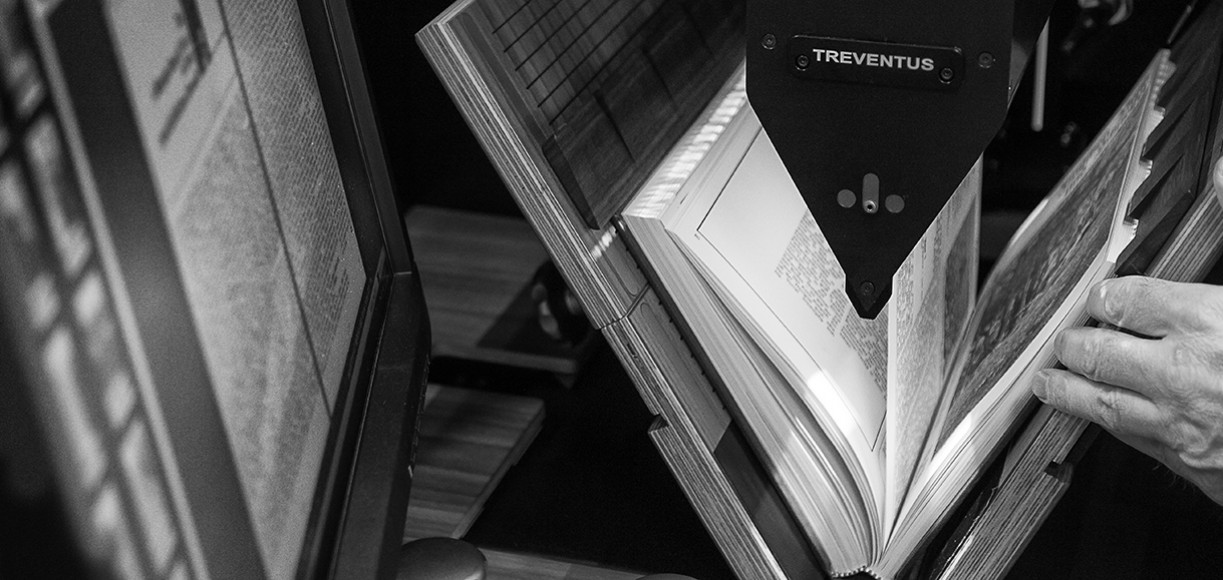Digitale Geschichte und Historiographie
Das C²DH analysiert auf kritische, experimentelle und interdisziplinäre Weise die Auswirkungen der digitalen Wende auf die Praxis der Geschichtsforschung. Spitzenforschung zu neuen Werkzeugen und Praktiken der digitalen Geschichtsschreibung wird mit neuen Formen der öffentlichen Auseinandersetzung und Online-Präsentation von Forschungsergebnissen kombiniert.


